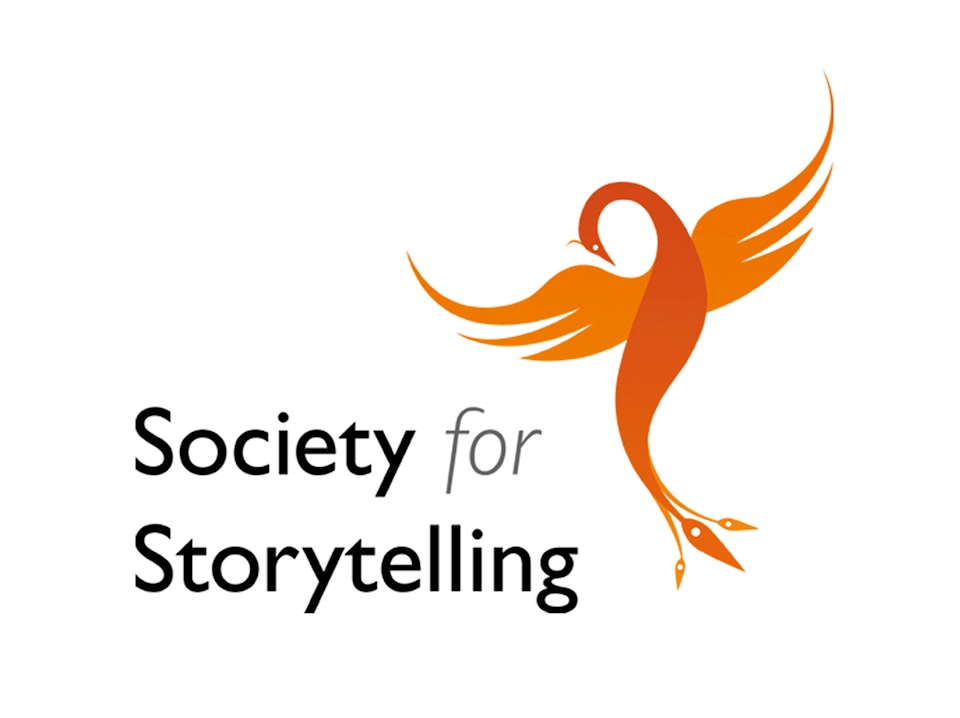
In celebration of National Storytelling Week (27 January – 4 February), Noel Fagan writes about his research which seeks to find ways in which those with a learning disability can participate and enjoy the pleasure of creative writing.

Photo credit: www.thehistorypress.co.uk/local-history/storytelling/
The focus of my PhD research is on ways in which children and adults with a learning disability can be supported and enabled to participate in creative writing activities.
An early focus of the research will be to explore the historical perspective and how, in the past, the voices and experiences of those with a learning disability have been hidden or ignored by society.
In addition, the project will consider how, in the past, the “hidden history” of individuals with a learning disability has resulted in social exclusion and much increased risk of social disadvantage.
By engaging in creative writing activities across a broad range of settings, it is anticipated that key factors that enable or restrict creative activities can be identified, and responses explored.
Creative writing opportunities may provide participants, and those around them, with a chance to recognise and value their ideas, thoughts, opinions and, crucially, their life experiences and ambitions.
A key product of the investigation will be the production of activities, resources and formats that have been shown to enable those with a learning disability to engage in creative writing opportunities.
As part of my studies for my MSc programme at Manchester Met, I undertook a creative writing activity with children with learning and physical difficulties at a school in south Manchester and returned regularly for several years to engage in other writing projects, including poetry and staged performances.
More recently, I have worked with a day service for adults with a learning disability and produced two published books of children’s stories and have just completed a project on their experiences of lockdown and their hope for the future as the world opens up. Here are examples of this work (with the authors’ permission).
Different Road, Same Journey – Paul
Being at home left me feeling sad
Kept busy cleaning windows
Treats were the thing that kept me going
Too many biscuits
Chocolate
Mars Bars!!
Zoom meetings got me back in touch
Zumba (you should see my moves)
Music and Quizzes (Winner!!)
So glad to be back and see my friends
And now I’m looking forward to getting back out
Into the world!!
Pub lunches
And of course a trip to Blackpool
Just thinking of the Fudge.
Yum.
Different Road, Same Journey – Christine
When I think of being in lockdown at home
I felt bored, fed-up but tried to keep busy
Trying very hard to keep busy!!
Decorating, crocheting and a bit of writing.
But then came Zoom!!
Creative writing, Quizzes, a brew and a chat.
And now I’m back!!
Loving seeing my friends
Art activities, embroidery
A feeling of freedom!!
And not too far away from getting out in the world!
What I’m looking forward to most of all?
Getting out for coffee and cake
And more coffee and cake!!
Different Road, Same Journey – Melissa
Being at home and not going out
Made me feel emotional, alone and left out
But I am a beautiful girl!!
A bit of a princess actually
And we had some good news
I’m an auntie to my sister’s new baby!!
And I’m back at the Shaw Centre with my friends,
Having a good time. Chatting (a lot)
And listening to my music.
So what about the future?
A pretty long list.
Cinema (James Bond obvs)
A garden party ASAP
Singing, Dancing and hugging all my friends!!
These works have since been turned into songs and can be accessed on Spotify.
Those with a learning disability, given the support and resources can become powerful story tellers, giving us the opportunity to see the world from their perspective.
You can find out more about the work of The Shaw Centre via their website, Facebook, Instagram and Twitter.


